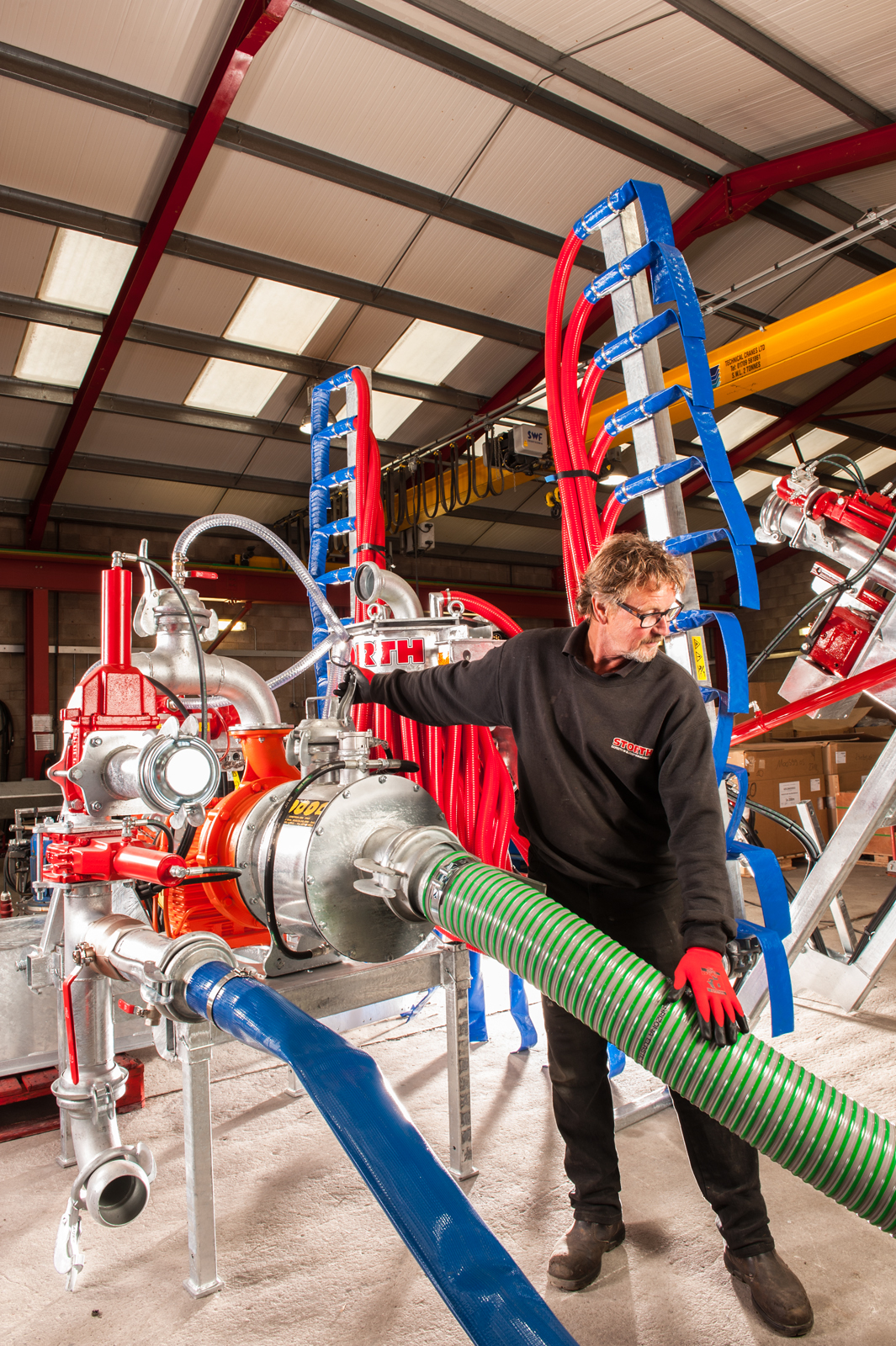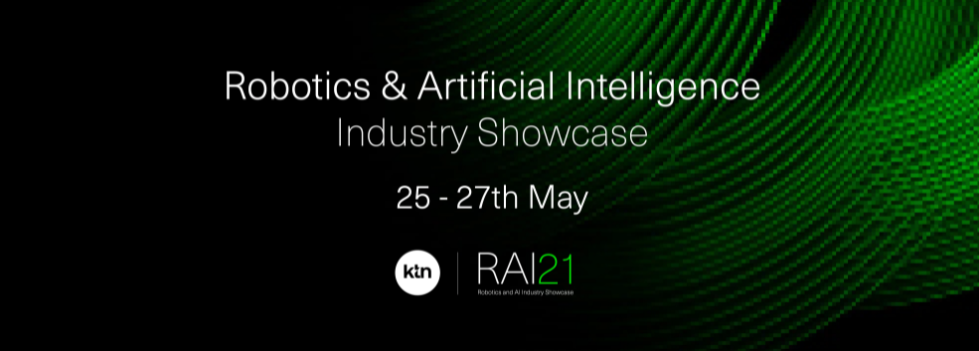
A detection technology business, supported by Made Smarter, has developed a next generation solution to meet the demand for cheaper and simpler rapid testing and screening.
Eluceda’s ESens™ sensor technology can detect small molecules, DNA or bacteria for a wide range of industries ranging from detecting counterfeit consumer goods to pathogenic bacteria found in hospitals.
But traditional testing and screening solutions can be slow and expensive.
Eluceda has partnered with IoT Horizon, based at Sci-Tech Daresbury, specialists in the field of digital transformation and the Internet of Things (IoT), to digitally capture their tests allowing for faster testing, with results delivered for cloud-based analysis and automatic reporting through an app.
Made Smarter’s support and advice has accelerated the development of the technology which will enable lab quality results in a more simple, portable and easier to use format than currently available.
View the case studyWith the support of Made Smarter, we have significantly sped up our development of a next generation solution.
Successful delivery of the project will have a significant transformational impact on the business, increasing revenues, accelerating growth, creating jobs and developing new markets.
Matthew Harte, CEO of Eluceda
Launched in 2018, Eluceda, based in Burnley, has developed a sensor technology used across a range of consumer goods and manufacturing industries.
The key challenges faced by producers in these sectors focuses on the ever growing imperative to ensure consumer safety.
For example, it is estimated that more than 25% of the alcohol sold worldwide is illicit, while 30% of all pharmaceuticals sold worldwide are counterfeit. Meanwhile, around 300,000 patients a year in England are affected by a Hospital Acquired Infection (HAI) costing the NHS approximately £1Bn.
Using its next generation sensing and detection technology Eluceda is at the forefront of rapid testing and screening solutions. It is providing solutions to meet demand driven by rising regulatory pressure on hygiene standards, changes in consumer habits, and increased brand and supply chain security.
The mission is to fill the critical gaps in the consumer safety market by creating forensic-level solutions that are faster, cheaper and easier.
Mark Sweeney, Professional Services Director of IoT Horizon, said: “Providing customers with traceability and the reassurance that the product is authentic is increasingly important.
“Brands and suppliers are keen to ensure that any counterfeit products are identified and removed as efficiently as possible.
“Eluceda and their detection solutions are fast becoming a name the big brands trust and rely on to protect the integrity of their products.
“Working with Eluceda has opened our eyes to the vulnerability of the supply chain. Reassuringly “Eluceda’s tests have identified an effective and pragmatic way to authenticate the supply chain.”
The solution being developed by Eluceda and IoT Horizon will enable the test data to be digitised, captured securely, and the results stored in the cloud for analysis.
The dip-in test is analysed on a reader, with the results transferred to the mobile app running on the device via Bluetooth.
Data is stored on the mobile device until reliable connectivity is available and the data can be transferred to the timestamped database stored in the cloud.
The timestamped databases could be used to deliver insights which will be essential to help validate and verify the integrity of the quality of the product supplied, as well as the supply chain delivering it.
Using this data, counterfeit hotspots or other trends, can be identified and remediated.
Harte said: “Traditional tests are slow and geared up for exceptional reporting, alerting someone of a bad result, meaning all other data is redundant. Our solution optimises that data capture.
“Instead of waiting hours, sometimes days, for test results, we are looking at minutes, and with greater insight. It is a huge leap towards instant testing.”
The project is split into two phases. The wireframe phase includes identifying the appropriate technology components and software functionality. The second phase is the manufacture of a rapid prototype which can quickly digitise the testing of fluids to confirm product authenticity.
For Eluceda, the successful development of this product enables the business to provide ‘security as a service’ through data support and business intelligence, on top of its technology offering.
Eluceda will be able to apply analytics and machine learning to generate insight from the data, allowing the business to grow more rapidly and expedite the development of export markets.
The bigger impact, however, is for those critical UK industries that the technology and digitalisation would protect. It will enable growth by giving greater visibility and insight of the scale of any anti-counterfeiting issue.
Remote testing capability will increase productivity because clients will be able to do their own tests rather than send to labs, saving time and money.
By capturing, storing and analysing the data Eluceda will be able to demonstrate the value of an anti-counterfeiting programme to existing and new customers.
While Eluceda is developing its solution with specific customers, there is almost limitless potential in the application.
“By making testing portable, affordable and quick, the applications and opportunities are endless,” Harte added.








